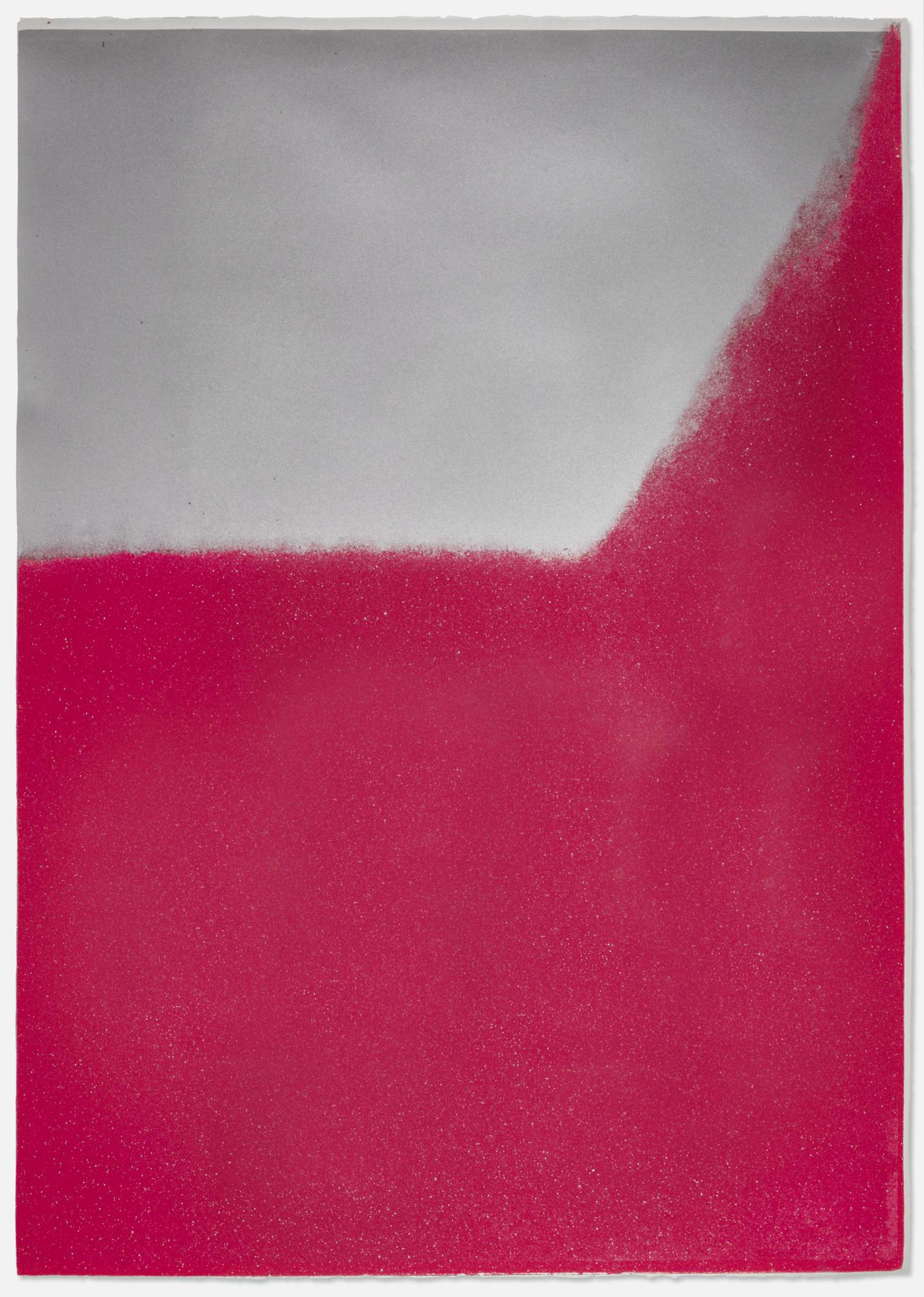
Shadows II (F. & S. II.214)
Shadows II (F. & S. II.214)
Signed Print
Andy Warhol
£21,000-£30,000
$40,000-$60,000 Value Indicator
$40,000-$60,000 Value Indicator
¥200,000-¥280,000 Value Indicator
€24,000-€35,000 Value Indicator
$220,000-$310,000 Value Indicator
¥4,360,000-¥6,230,000 Value Indicator
$28,000-$40,000 Value Indicator
There aren't enough data points on this work for a comprehensive result. Please speak to a specialist by making an enquiry.
109 x 76cm, Edition of 10, Screenprint
Meaning & Analysis
Shadows II (F. & S. II.214) is a signed screen print made by the critically acclaimed 20th century artist Andy Warhol. Produced in 1979, the artwork comes in an edition size of 10 and was made using diamond dust on Arches 88 paper. The artwork shows two blocks of colour, red and grey, which come together to form a shadow-like landscape. The artwork was inspired by the patterns created by a lamp in Warhol’s studio.
Shadows II (F. & S. II.214) is one of six screen prints in Warhol’s Shadows II portfolio. The portfolio is part of a wider project, the Shadows project, which developed out of a collection of 102 paintings Warhol made in 1978, all of which derived from the shadowy patterns from Warhol’s lamp. The artist was fascinated by the interaction between light and darkness and the abstract shapes that resulted from this ever-changing relationship.
The Shadows II portfolio was published in collaboration with Warhol’s good friend and talented printer, Rupert Jasen Smith. The series of paintings were also exhibited in the Heiner Friedrich gallery in New York City where the artist resided. Made in the last decade of Warhol’s artistic career, this collection of artworks marks a turning point in the artist’s life in which he started experimenting with abstraction and moving away from his classical Pop Art style.
